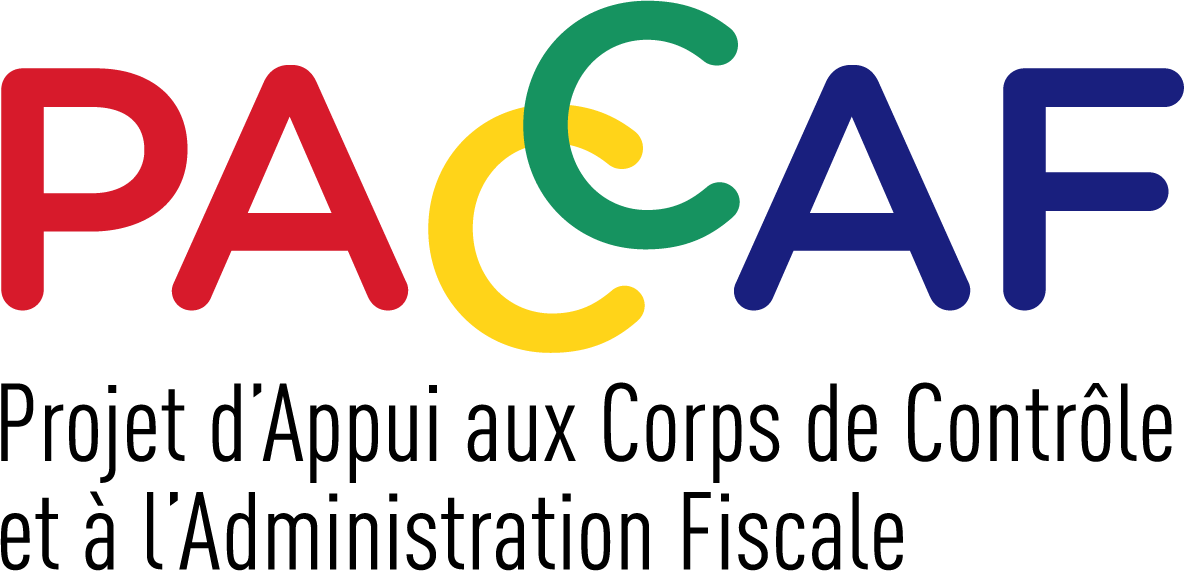Guinea: 8,000 companies given a permanent tax identification number
 Guinea has set out on an ambitious reform process that aims to improve its public finances. It is benefiting from European Union support for this purpose, in the form of a EUR 11.9m Public Finance Reform Support Programme (PARFIP).
Guinea has set out on an ambitious reform process that aims to improve its public finances. It is benefiting from European Union support for this purpose, in the form of a EUR 11.9m Public Finance Reform Support Programme (PARFIP).
The PACCAF project was launched in the context of this programme and aims to strengthen the mobilisation of public resources, budgetary transparency and accountability mechanisms and improve the business climate. To do so, it is supporting the National Tax Directorate (DNI), customs and the oversight bodies.
NIFp, an essential part of the modernisation of the tax administration
The PACCAF project has assisted the introduction of the unique and secure permanent tax identification number (NIFp) for companies in Guinea. The NIFp is associated with a geolocation and allows companies up-to-date with their tax obligations to conduct customs operations thanks to the customs-tax office interconnection, participate in public tenders and be government suppliers.
The introduction of the NIFp will contribute to increasing and securing tax revenues, as the forecasts project that the number of professional taxpayers will increase from 2,000 to 10,000 in the first year. In mid-May 2019, a NIFp had already been assigned to some 8,000 companies.
“Decisive contribution to improving financial governance”
“The activities of the PACCAF project provide a decisive contribution to improving financial governance in our country”, noted Mamadi Camara, Minister of the Economy and Finance, during the first project steering committee meeting on 23 May 2019, which gathered all the stakeholders.
Since the project was launched, PACCAF has contributed to:
• An inventory of the State’s financial assets. This activity, which has supported the National Directorate of Government Assets and Private Investment (DNPEIP), is the first stage in a process that will allow the Guinean government to conduct the inventory, recording and registration of the State’s assets and liabilities, and by doing so, considerably improve its management capacity, in line with international standards.
• The organisation of training (tax inspection, inspection methodology) and support for inspections to build the capacities of the Inspectorate-General of Finances and the State.
• The presentation of a communication strategy aiming at building the capacities of officers responsible for public communication, in order to disseminate the issues, values and activities conducted to improve financial governance.
Consult the PACCAF project sheet 


